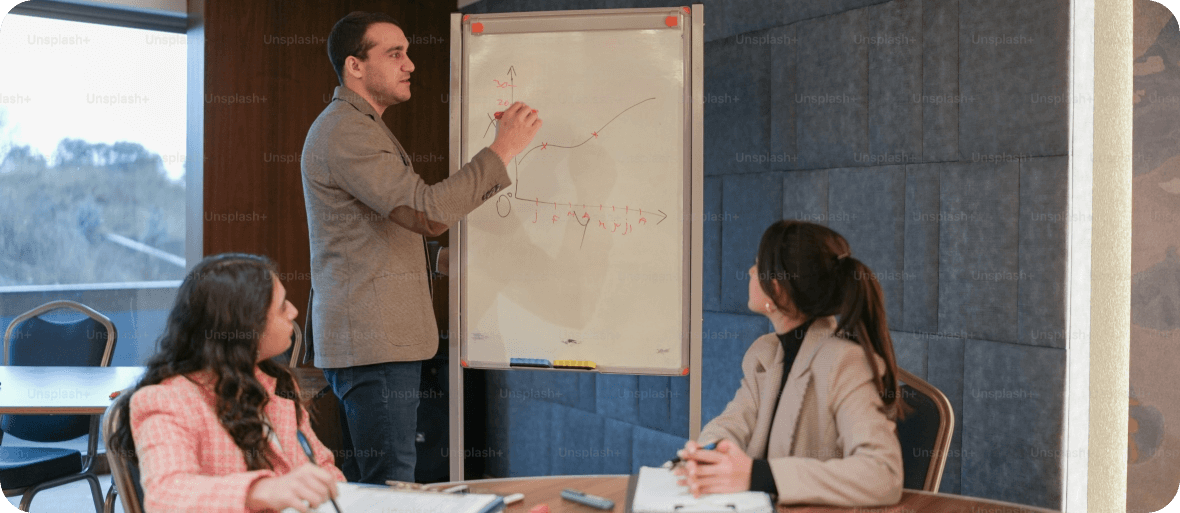We know that when starting a new project, we are filled with expectations, fears, and many ideas swirling in our minds. Questions like “Will it work?”, “What if it doesn’t?”, “What if no one supports me?”, “Where will I find the investment?” constantly occupy our imagination, often causing us to lose the momentum we had to pursue our dreams.

In yesterday’s talk with our keynote guest, the astronomer Massimo Tarenghi, known for his role at the European Southern Observatory (ESO) where he led the construction of the New Technology Telescope in Chile, he shared that from his personal experience, the hardest part of a project is getting people to believe in you. But how do we achieve that? It’s simple: by believing in ourselves and our abilities. While luck may play a part at times, we must work hard for what we want.
With this in mind, when diving into a significant project we have in mind, we must be aware of all the implications it brings. As Tarenghi mentioned, there are several stages we might go through:
- Enthusiasm: We start with the highest motivation and energy, believing everything will be perfect and we will achieve our goal without setbacks, but this is usually not the case.
- Disillusionment: We begin to experience difficulties, sometimes planning errors, or even the people who initially supported us no longer want to continue.
- Panic: We fear we have wasted our time, investment, and are afraid of failure—as if this were the worst thing in the world. Sometimes pride takes over, and we start comparing ourselves to others’ processes.
- Blame: We enter a phase of pointing fingers, looking for who or what caused our project to fail, actively searching for external agents we believe paused our success, but rarely do we stop to analyze ourselves as possible culprits.
- Punishment of the Innocent: We decide to blame someone else for our “failure”, thinking that by punishing and distancing a certain person from the project, we will rise again; sometimes we do this without thoroughly evaluating what is happening.
- Reward: This is the most important stage and the one we all look forward to. We can only reach this point by recognizing both internal and external strengths and weaknesses, acknowledging that the path to success is not a straight line and that at any moment, we must change our approach.
We will all experience frustration at some point during a project’s development. The important thing is to recognize that this is part of the journey and that, thanks to it, we are creating a much more satisfying path to success.
At Westfield Business School, we want to convey that as a school, we are committed to you, your training, and being those who guide you in the development of all the projects and dreams you have always wanted to execute. Our students are our raison d’être, and therefore, the success of each one of them is our success as a school.
If you want more information, navigate our website and visit our social media pages.

